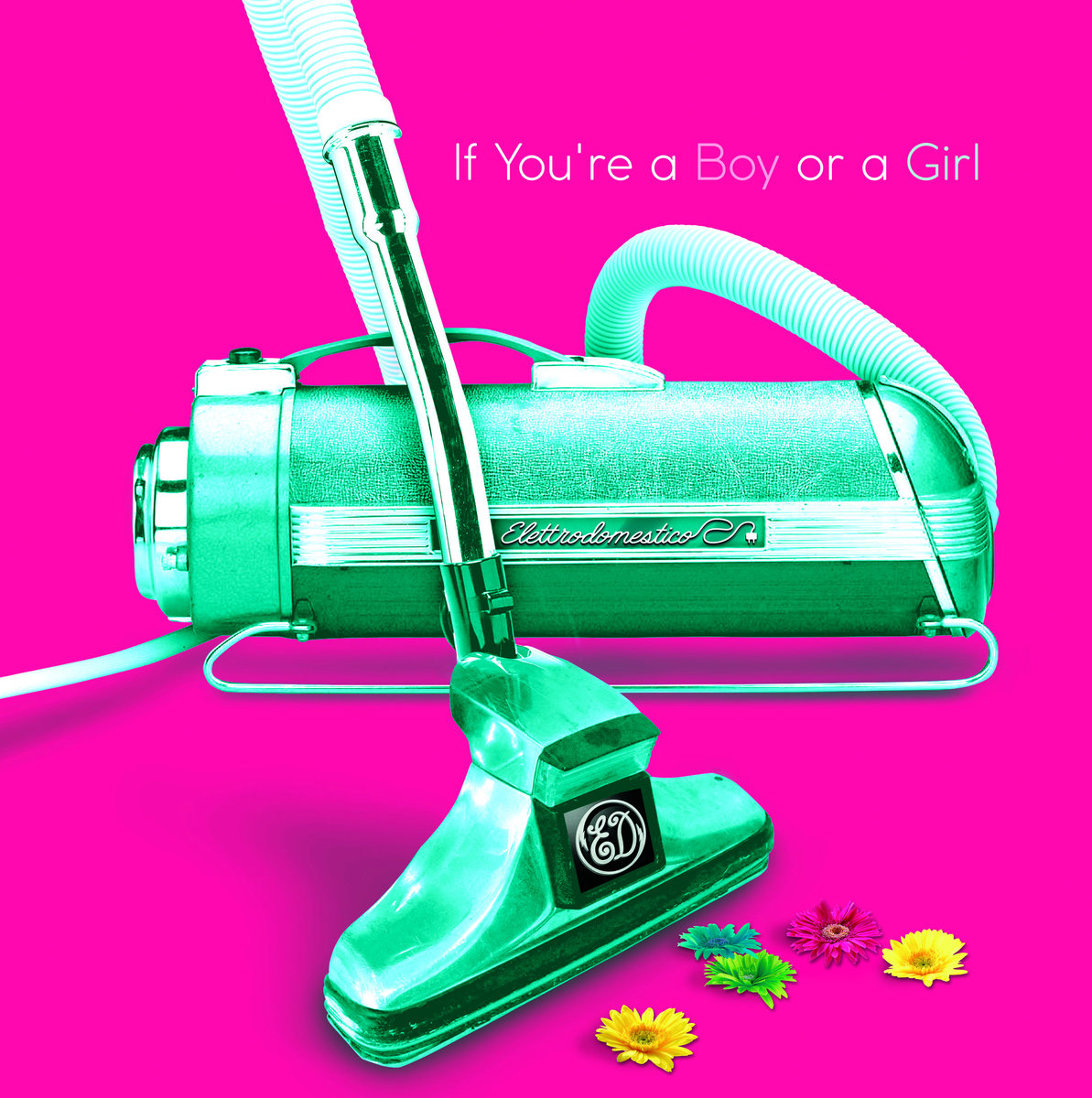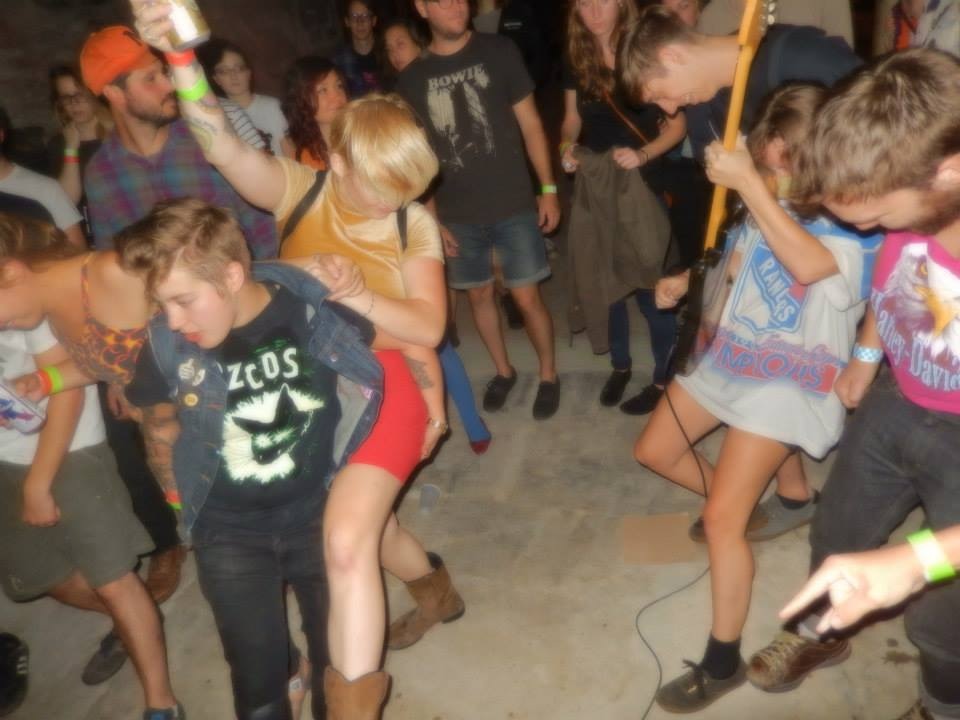Smile, the world says to women. Fuck off, anger responds.
It was 2012 (or 2008 or 2014 or last winter) and brutally cold. Despite my blue duster, long yellow scarf, and striped armwarmers, my teeth chattered as I climbed into my car and prepared for the long ride ahead.
My heart was a solid block of ice.
I always forget to turn down the volume on my car stereo before starting the engine. I had forgotten this time. Bikini Kill cut through the cold like an angry axe.
as a woman I was taught to always be hungry
yeah, women are well acquainted with thirst
we could eat just about anything
we might even eat your hate up like love
I turned the music down but not too far. I was beginning to thaw. I could feel my frozen chest melting down into the filthy seat of my car, into the earth. I wiped my eyes and turned the music back up until it reached a level that blissfully hurt my ears.
*
There is something about anger that grounds me, makes me feel real and valid and worthwhile and human. Anger stands in defiant opposition to much of the rest of my life, in which I am expected to be professional, optimistic and kind. Smile, the world says to women. Fuck off, anger responds.
Musically, anger is often electrifying. But it has a soothing effect on me that is similar to how I feel when I hear a sad song. My love is gone, sings the sad song. I’m glad my love is gone, sings the angry song. And I can sleep.
Contemporary culture is infused with the buoyant language of positive psychology. We are encouraged to breathe, to let go, to be still, to calm down, to chill out, to extend kindness to ourselves and others, to stay strong, to live our best lives. A lot of that is designed to market products, of course, to fill yoga classes and sell self-help books. I’ve bought many of these products myself but I remain skeptical. This is self-hatred disguised as self-love. I eat your hate like love.
Women, specifically, have always been expected to be calm and smiling, to be kind and nurturing. We are supposed to be nice. Angry is not nice.
But we abandon our anger at the expense of our full humanity. Audre Lorde argued in Sister Outsider in 1984 that “our feelings are our most genuine paths to knowledge.” She meant that emotions are not divorced from intellectual pursuit; they are an epistemology, a way of knowing what is true and just (and what is untrue or unjust). Lorde wrote a whole essay in defense of anger, writing “pain is important: how we evade it, how we succumb to it, how we deal with it, how we transcend it.” A Black lesbian poet and scholar, Lorde knew the extent to which anger can help voice the truth of marginalized experiences.
*
Angry music soothes me because it allows me to acknowledge the painful and unfair truths of life, not just the good parts. Just as sad songs speak to me, reconnecting me to my despair and grief, angry songs give me permission to remain defiant and unresigned to the shitty way things are.
You have the right not to smile upon the world. You have the right to scowl.
I should note that, like anger itself, angry music is not always loud or shrieky (though I do enjoy a loud shriek of a song). Consider “The Next Time You Say Forever” by Neko Case, a brief, lovely little acoustic number in which she threatens to punch her lover in the face if he dares to make such a promise.
I once had a therapist tell me that the most effective way of communicating anger to another is in a cool, quiet, and reasonable voice, rather than by yelling. I believe her: Case’s quiet threat sends a quiver of sharp feathers down my spine.
In music, though, yelling works too. And it has worked for me in life on occasion (apologies to my therapist). There is something about a woman who raises her voice to call out hypocrisy or just to say this is the way it is, and it’s fucking unfair and we should change it.
*
Driving the long commute home, the music worked on my heart until I felt warm. Whatever it was that had upset me on that day in 2012 or 2008 or 2014 or last winter—what combination of dismissal and minimizing and gaslighting and catcalling and shaming and calm-downing and you’re-crazying and microaggressing and mockery and mansplaining and assholery and what-the-fuckery—could now be processed more clearly.
Sometimes anger is hot, feeding itself into a frenzy of flame and destruction. But sometimes it’s ice-cold like a diamond crushed and crystallized into the world. Either way, I let it tell me what’s true.






